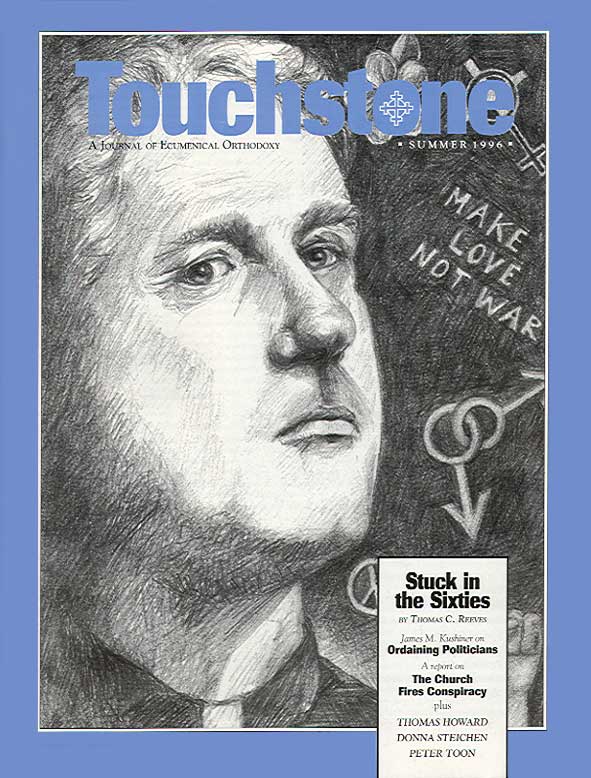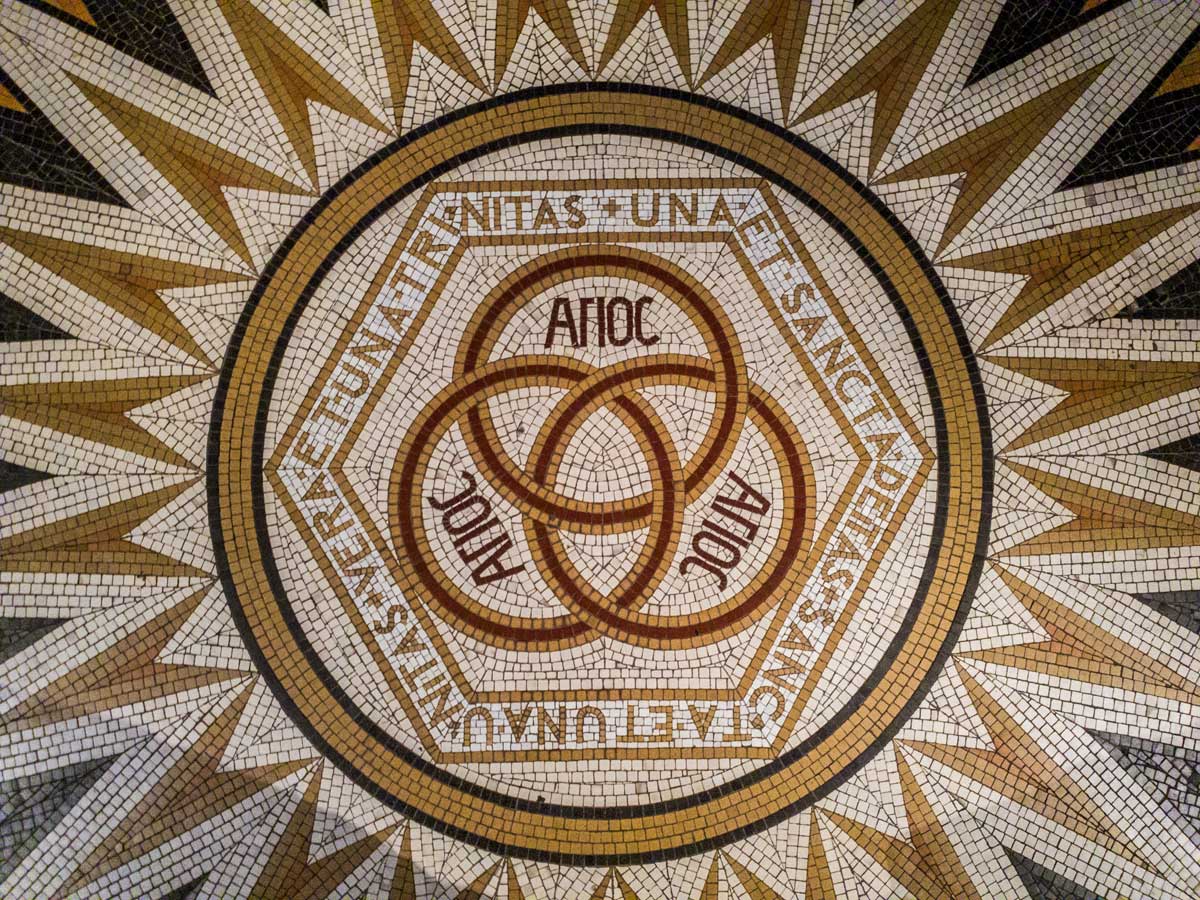Are Values the Same as Virtues?
by Peter Toon
Many churches in America support “family values” and use Sunday School programs that claim to promote them. Further, many individual Christians also support organizations that exist to protect traditional morality and which use the word “values” in their official titles—e.g., The Center for Jewish and Christian Values and The Institute for American Values. It appears that in modern America there are many different “values” and that traditionalists have to identify theirs (i.e., their moral codes and ideals) by using an appropriate adjective. Apparently there is no objective standard, ideal or divine law to which most if not all Americans can appeal. But should orthodox believers be using the noun “values” at all?
Values & the Death of God
The normal meaning of “value,” used as a noun and a verb, is related to worth—the worth of money or some other commodity, for example. We speak of the value of our houses, our used cars and of the stocks and shares that we own. When we think we have got a good deal we speak of getting value for our money. And within the New Testament we read that Jesus spoke of a “pearl of great value” (Matt. 13:46) and of man being “of more value than many sparrows” (Matt. 10:31).
The plural noun, values, is, however, something different. It is not simply the plural of value, where value is “worth.” In fact it does not occur in the Oxford English Dictionary of 1928, but first appears in the 1989 edition. The use of “values” is to be traced to the influence of Friedrich Nietzsche (1844–1900), a German philosopher and son of a Lutheran pastor. (He was the author of Also Sprach Zarasthustra, which is now widely studied in American colleges and universities.)
It was in the 1880s that Friedrich Nietzsche began to speak of “values” in its present sense—not as a verb, meaning to value or to esteem something; not as singular noun, meaning the measure of a thing (the economic value of money, labor or property); but in the plural, connoting the moral beliefs and attitudes of a society. Moreover, he used the word consciously, repeatedly, indeed insistently, to signify what he took to be the most profound event in human history. (Gertrude Himmelfarb, The Demoralization of Society, 1994, p. 10.)
That “profound event” was what he called “the death of God,” a phrase he bequeathed to the West.
Nietzsche’s “transvaluation of values” (as it has been called) was intended as the final revolution against both the classical and the Christian virtues. For him “the death of God” meant the death of morality and truth. Henceforth there would be no good or evil, no virtue or vice, no truth or falsehood and no fruit of the Spirit or works of the sinful flesh. There would only be neutral “values”—beliefs, attitudes, feelings, habits, conventions, preferences and prejudices.
Buying into Values Today
Nietzsche’s ideas were taken up by sociologists, psychologists and historians and widely disseminated in recent times by educators and by journalists. Thus “values” are now firmly in place in western society. The word is used by thousands who have no idea that “values” (strictly speaking) are not the same as “virtues.” Another way to express this is to state that relativism (the view that there is no final truth or morality but that all opinions are subjective and on an equal footing) is part of the cultural air we both inhale and exhale. And, of course, it makes sense because of the diversity of human behavior and the fact that some good people are irreligious.
In public education our children are taught that any evaluation and judgment of human activity and behavior should contain no (claimed) universal, objective standard or moral criteria. Even in churches it is explained to the faithful that biblical morality is flawed because it originated in a male-dominated, pre-modern and unliberated society! The real, abiding teaching of the Bible (as read through modern enlightened eyes), it is said, is “love,” which means recognizing the values of others and not imposing ours upon them.
subscription options
Order
Print/Online Subscription

Get six issues (one year) of Touchstone PLUS full online access including pdf downloads for only $39.95. That's only $3.34 per month!
Order
Online Only
Subscription

Get a one-year full-access subscription to the Touchstone online archives for only $19.95. That's only $1.66 per month!
bulk subscriptions
Order Touchstone subscriptions in bulk and save $10 per sub! Each subscription includes 6 issues of Touchstone plus full online access to touchstonemag.com—including archives, videos, and pdf downloads of recent issues for only $29.95 each! Great for churches or study groups.
Transactions will be processed on a secure server.
more from the online archives
calling all readers
Please Donate
"There are magazines worth reading but few worth saving . . . Touchstone is just such a magazine."
—Alice von Hildebrand
"Here we do not concede one square millimeter of territory to falsehood, folly, contemporary sentimentality, or fashion. We speak the truth, and let God be our judge. . . . Touchstone is the one committedly Christian conservative journal."
—Anthony Esolen, Touchstone senior editor










